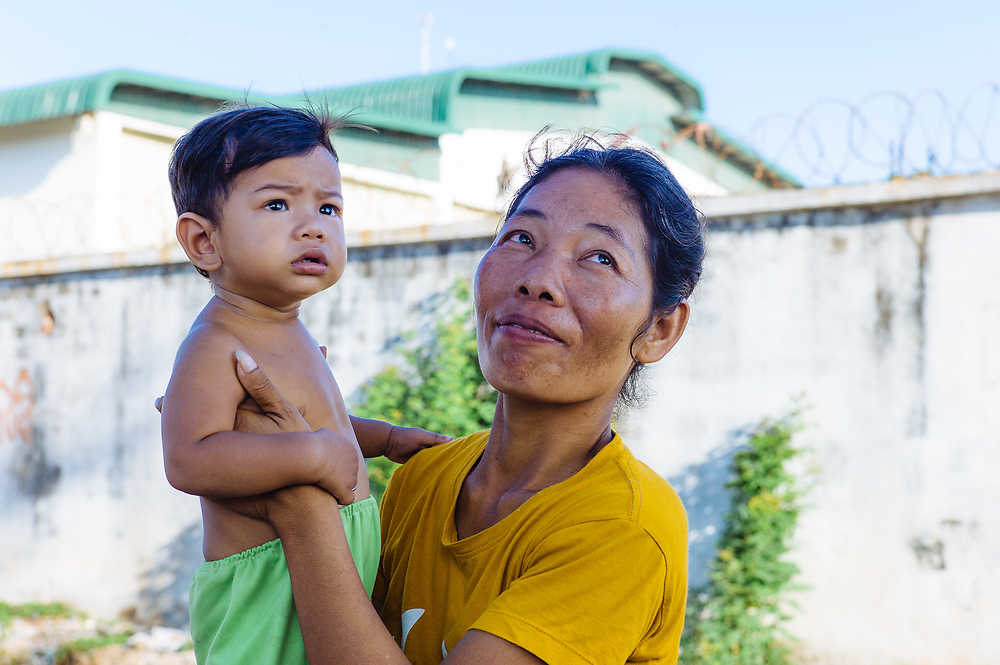February 08, 2022 | Press Release
Fertility in the Global South: Large Income Inequality, Large Differences in Timing of Motherhood

© iStockphoto.com/aximander
High income inequality is associated with large differences in the timing of motherhood. MPIDR Researcher Andrés Castro and colleagues analyzed data from 86 countries in the Global South to examine this association empirically.
“We found that income inequality is positively associated with the dispersion of age at first birth among women at the country level: the larger the income inequality, the larger is the variation in timing of motherhood. Previous research has focused on average income level, and documented that with increasing income, number of children declines. Our newly documented association between income inequality and fertility variation is similarly strong,” said Andrés Castro about the main finding of the recent study published in Population and Development Review.
Andrés Castro, who works at the Max Planck Institute for Demographic Research (MPIDR) in Rostock, together with Ewa Batyra, MPIDR Researcher, also affiliated to the Center for Demographic Studies at the Autonomous University of Barcelona, and MPIDR Director Mikko Myrskylä recognized that previous studies tended to focus on development as the main factor for fertility variation and change. In doing so, this partially overlooked the role of other significant societal processes that come along with development, namely, increasing socioeconomic inequality.
“These studies overlooked one of the major consequences of modern development: rising socioeconomic inequality,” said Andrés. That is why the researchers analyzed survey data from 86 countries in the Global South, covering the period from 1986 to 2018 to examine the association between socioeconomic inequality and first birth dispersion from a cross-national and international perspective.
A group of women continue to have their first child early; the other growing group delays their first birth
They found that in settings characterized by high levels of income inequality, a portion of women continue to transition to motherhood relatively early. The size of this group of women becomes smaller and more homogenous as inequality increases.
At the same time, a growing and increasingly heterogeneous group of women delay their transition to motherhood. The researchers identified these patterns in countries with total fertility rates (average number of children per woman in a given period) below 2.5 children per woman. The researchers suggest that this association is potentially more pronounced in urban areas and large cities, where fertility has historically been lower than in rural areas.
“One of the main lessons from our findings is that when studying demographic change in countries of the Global South, it is also important to examine structural factors like poverty, lack of opportunities, or extreme inequalities,” concluded Andrés.
Original Publication
Castro, A., Batyra, E., Myrskylä, M.: Income inequality and increasing dispersion of the transition to first birth in the Global South. Population and Development Review (2022). DOI: 10.1111/padr.12451
Authors and Affiliations
Andrés Castro, Max Planck Institute for Demographic Research, Rostock
Ewa Batyra, Max Planck Institute for Demographic Research; Center for Demographic Studies – Autonomous University of Barcelona
Mikko Myrskylä, Max Planck Institute for Demographic Research, Rostock